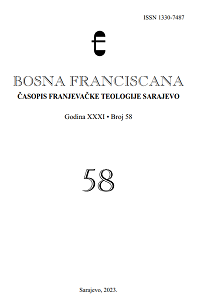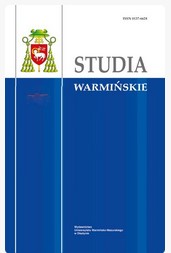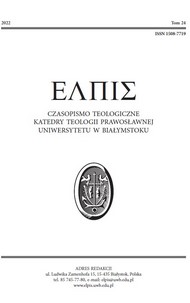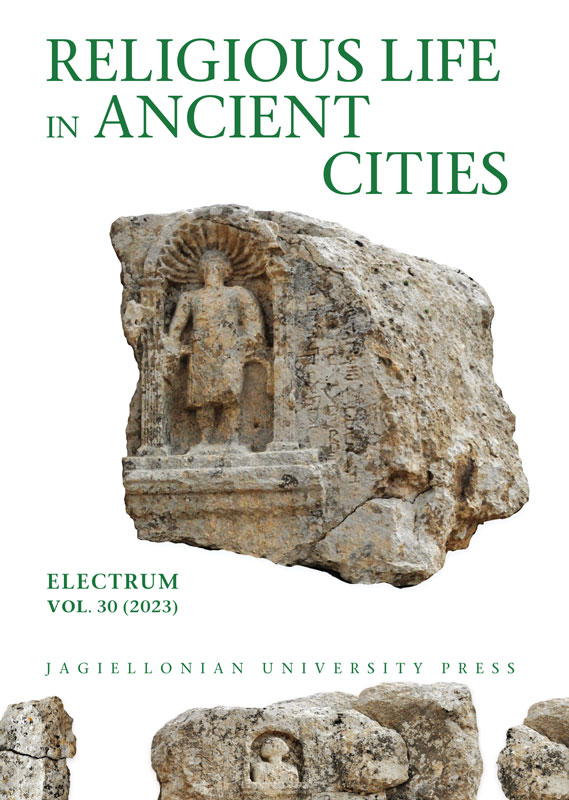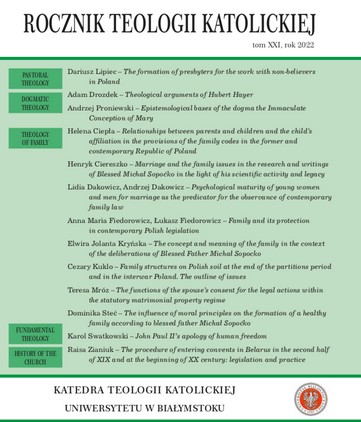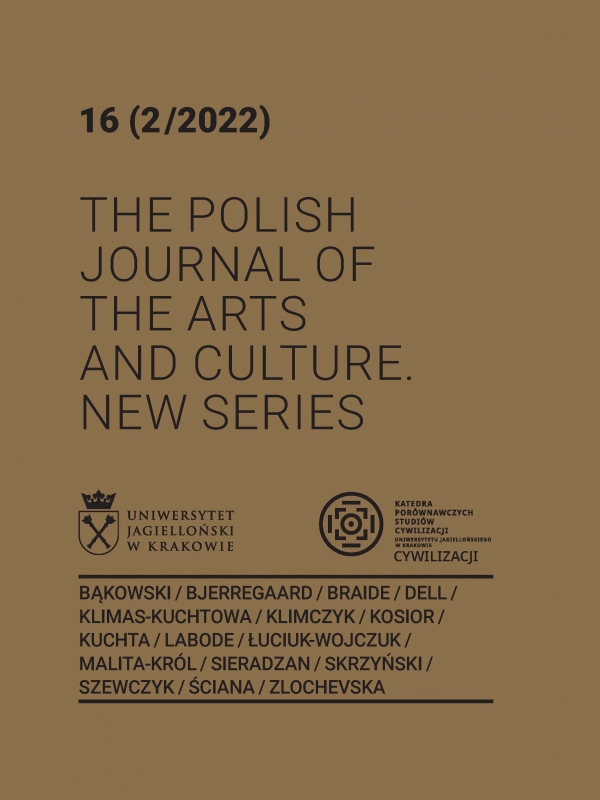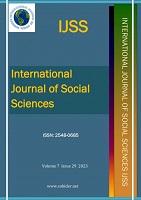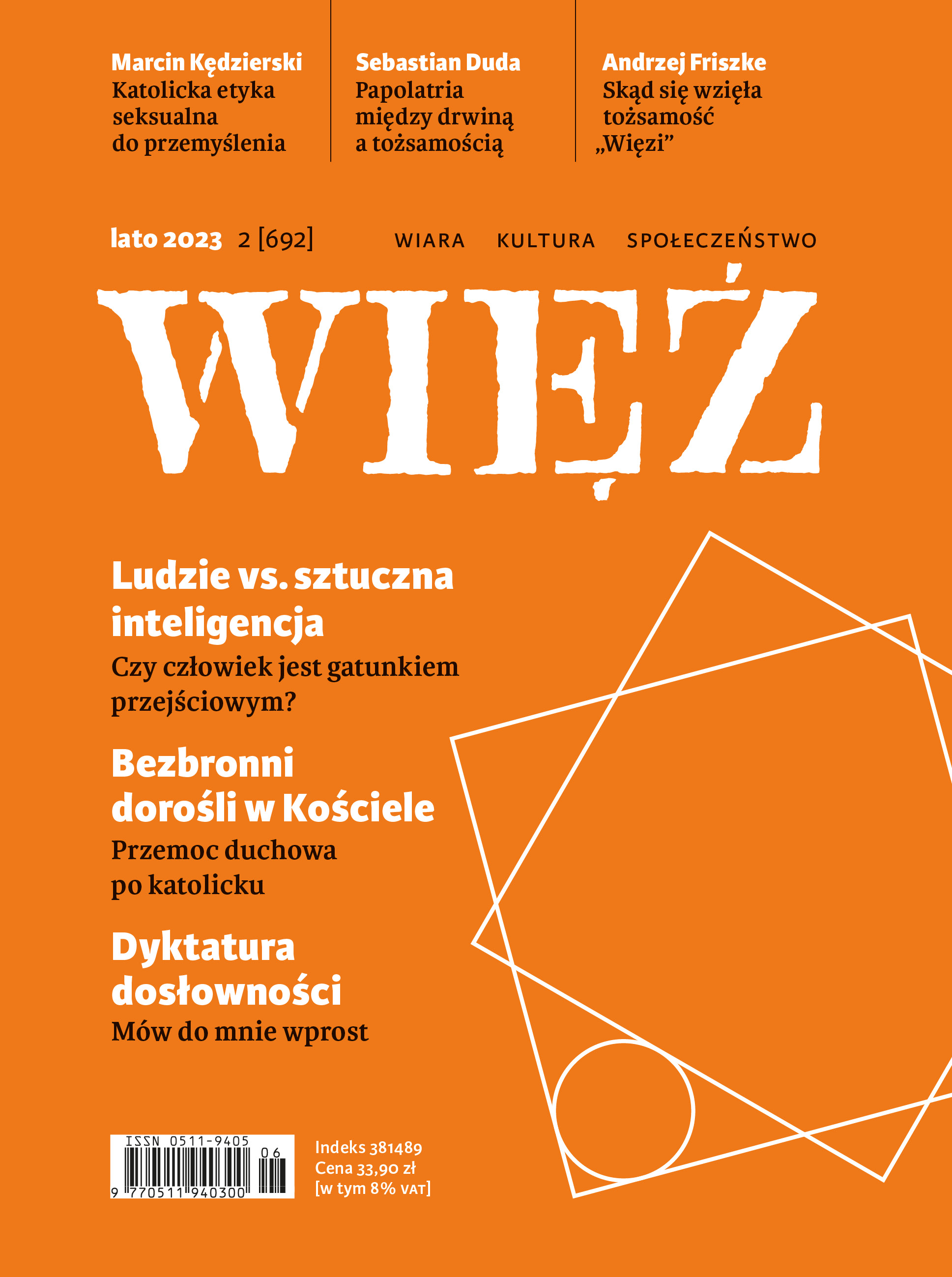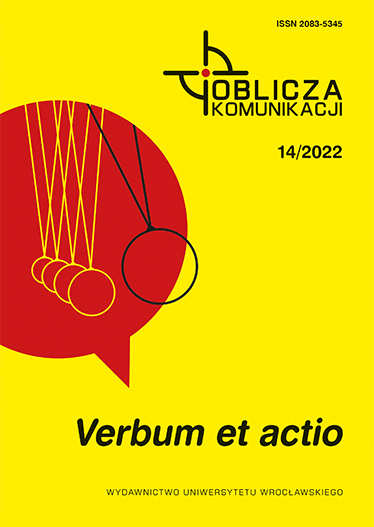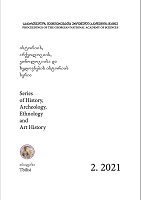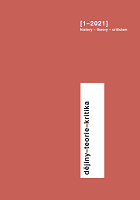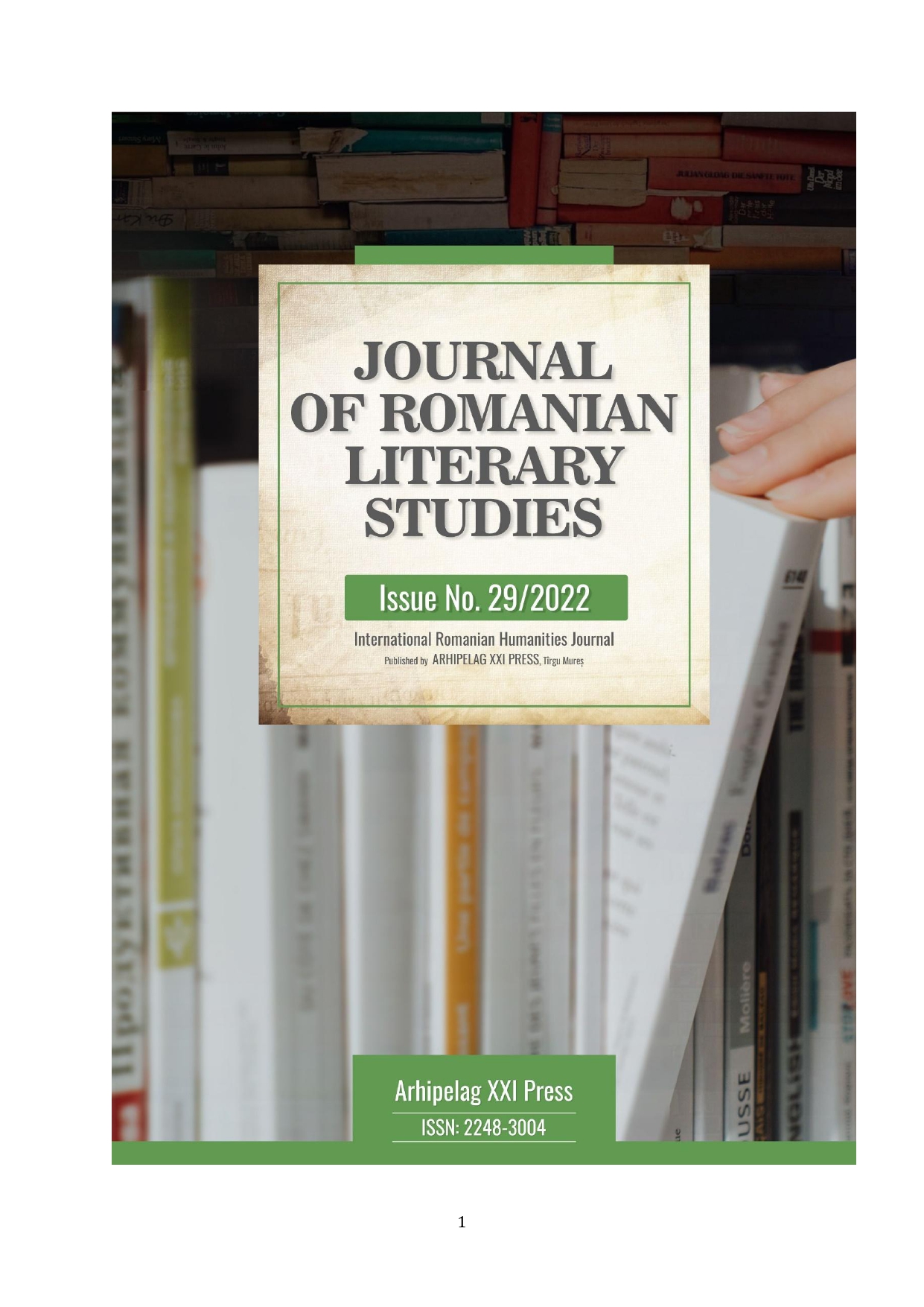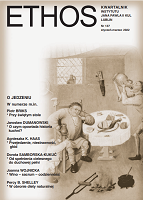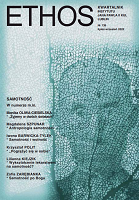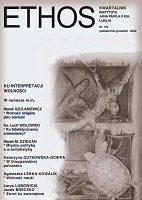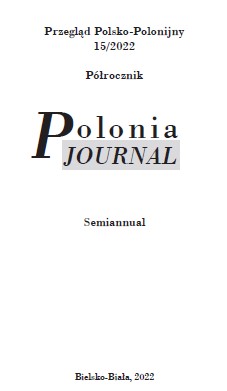
GŁÓD NA JEZUSA. NOTATKI NA MARGINESIE (NIE)CHRYSTOLOGII I POPKULTURY
The objective of the article is an attempt to interpret the character/figure/symbol of Jesus by references to miscellaneous cultural texts. First, the author describes the most significant aspects of Piotr Augustyniak’s essay Jezus Niechrystus, emphasizing their originality and rebelliousness, especially towards the Christian doctrine. In latter part of the article, selected fragments of Zbigniew Masternak’s film novella Jezus na prezydenta are analysed. Further, the author acknowledges timelessness of Jesus Christ Superstar rock opera. In the recapitulation, the author discerns constant craving for Jesus, perceiving it as a desirable response, since – according to Kołakowski’s and Augustyniak’s message – teachings of the carpenter from Nazareth constitute an abiding code of our culture.
More...
